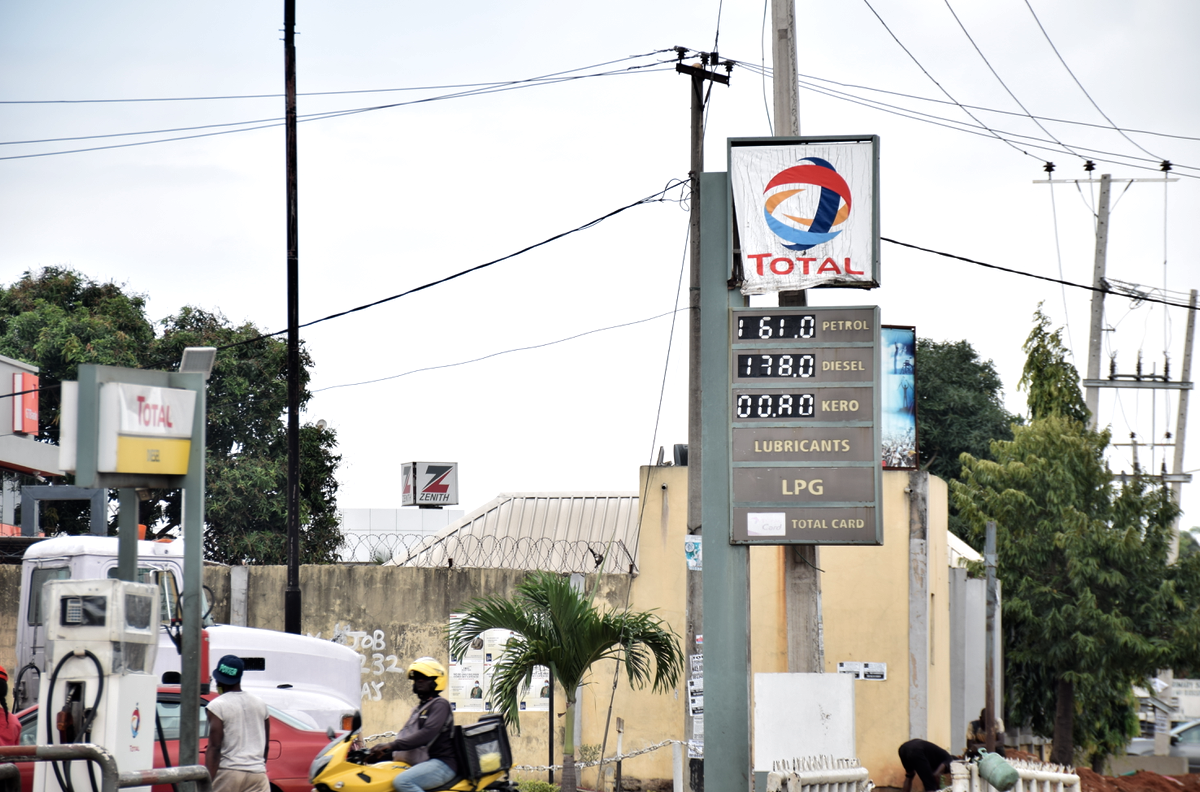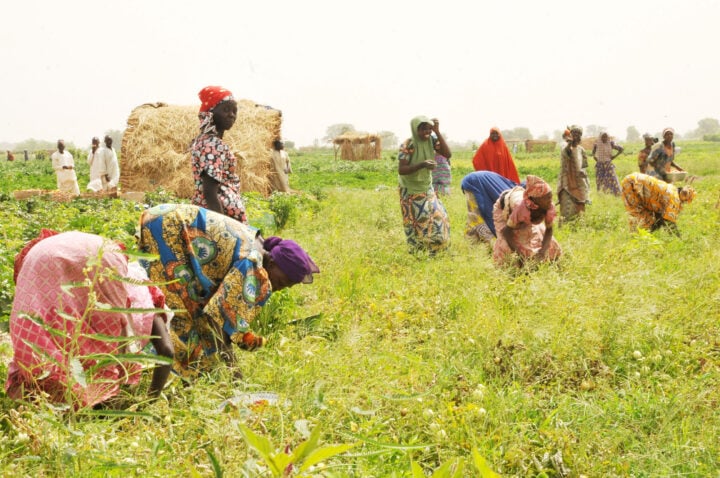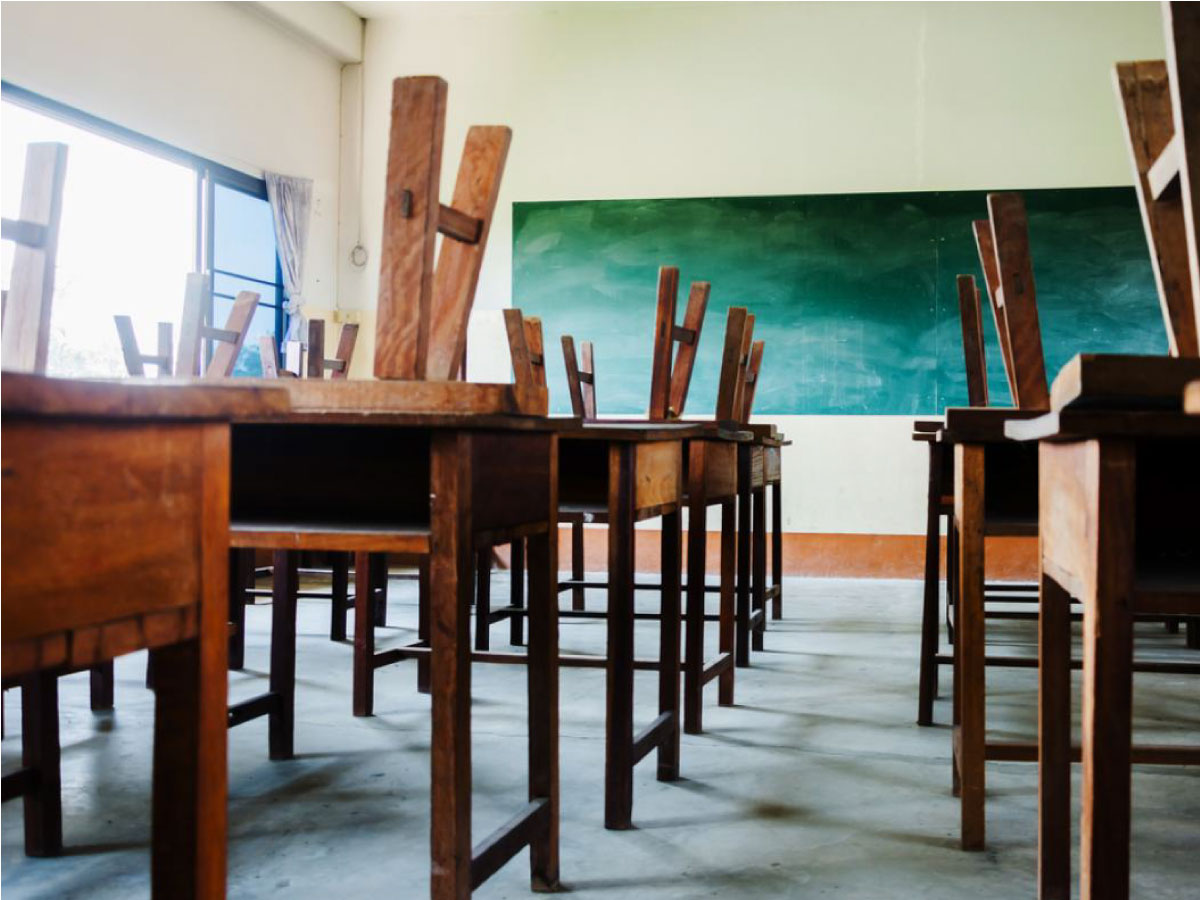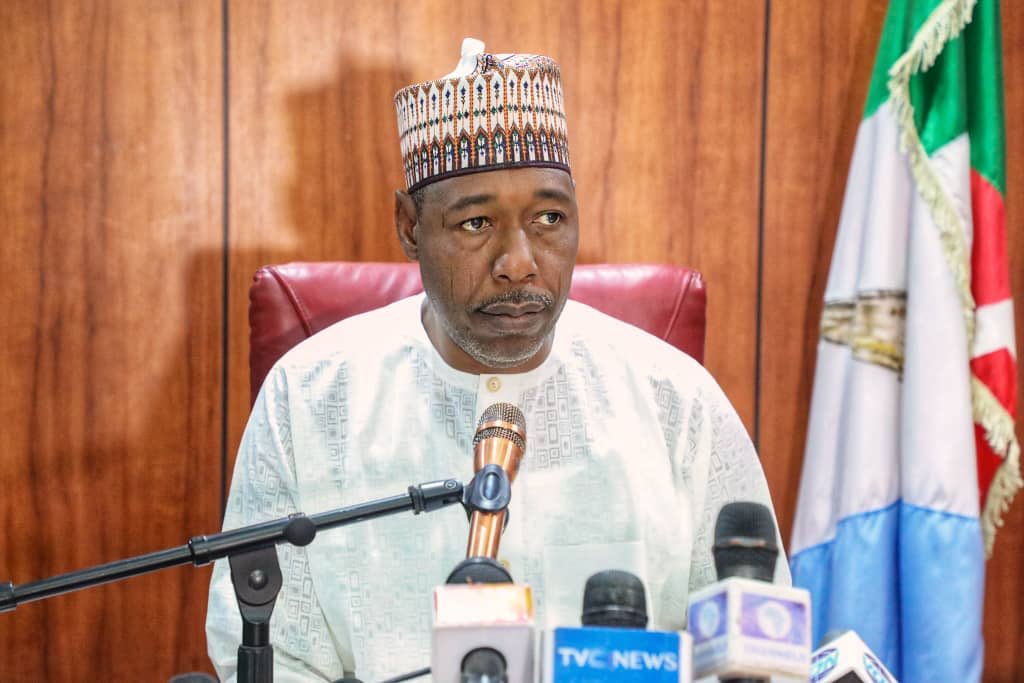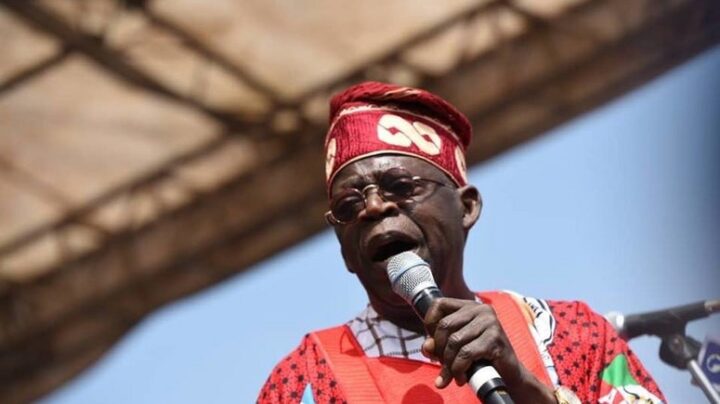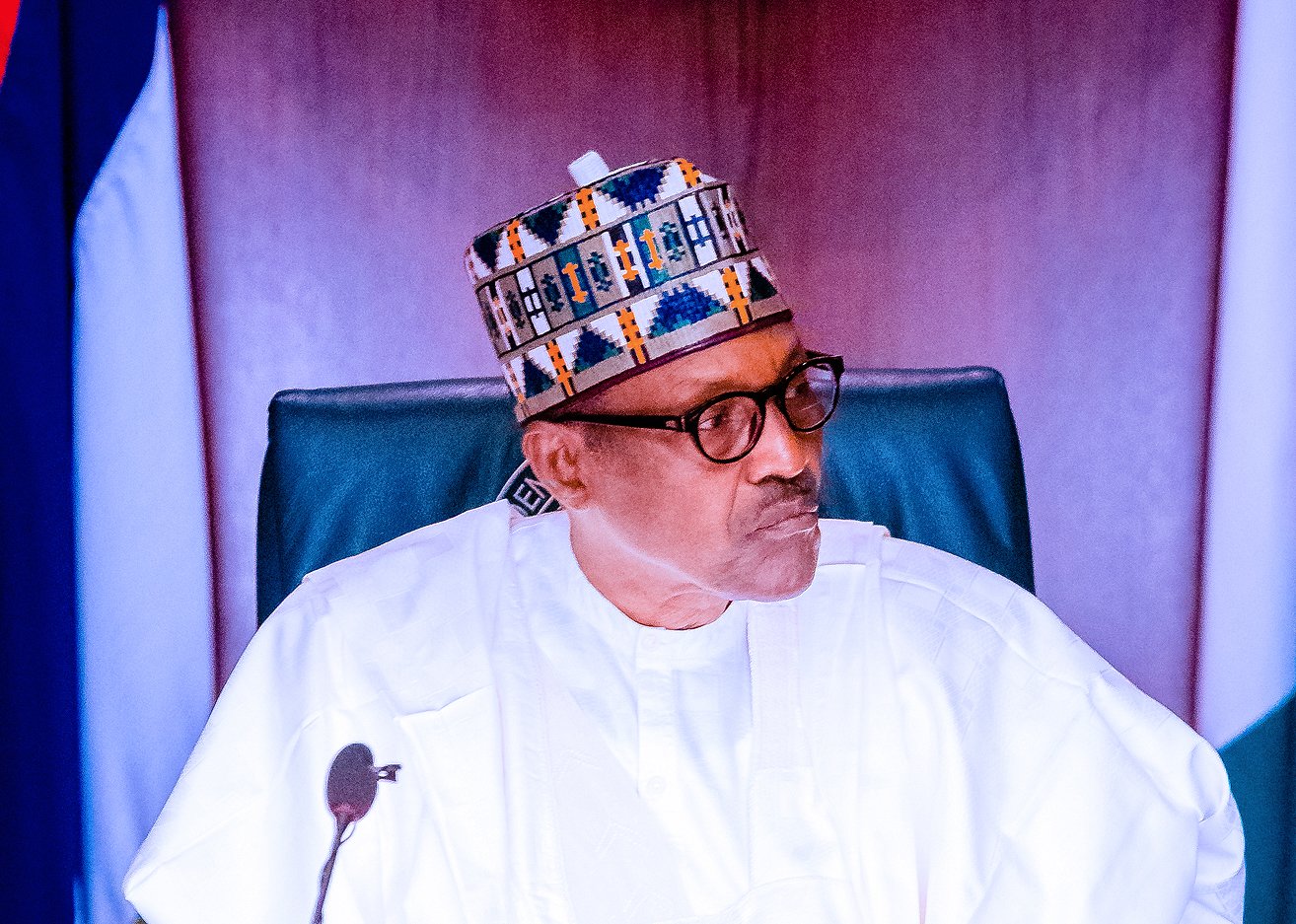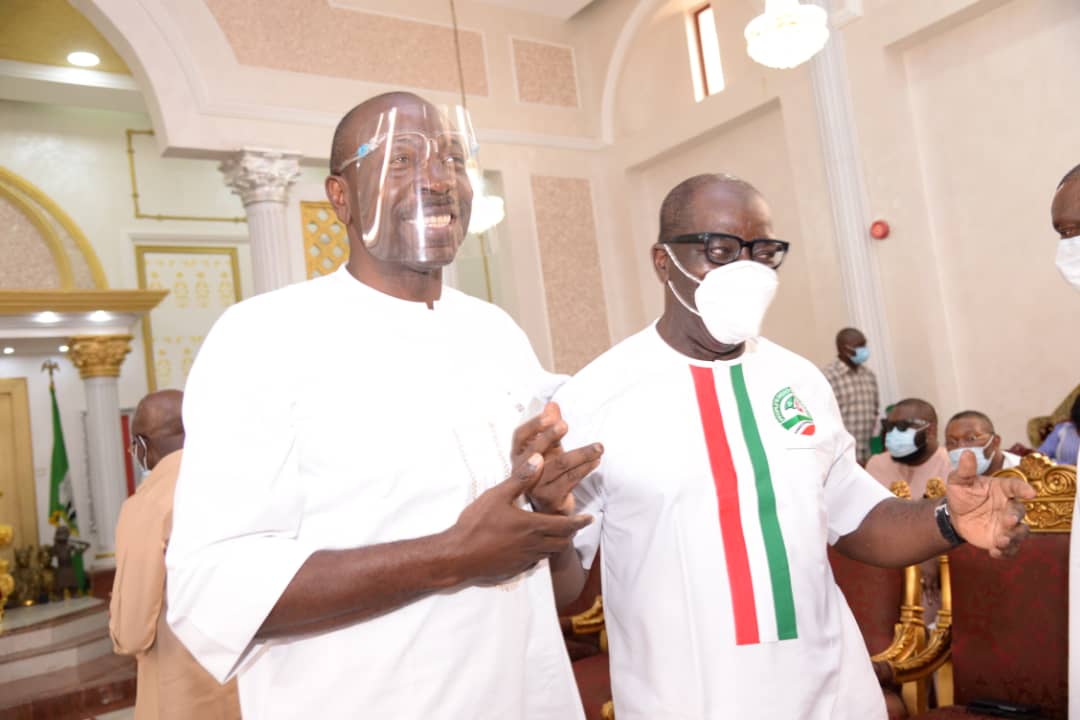In Nigeria, the concept of deregulation has become abused, discredited and overused. At best, deregulation has become some bogey that the government whips out only when it is pushed to the wall through its own profligacy and unreadiness to face tough issues squarely. I understand though, that governance is not an easy affair. However, some level of honesty often helps.
A lot of what we are going through in this country, are self-inflicted. Imagine that at a time like this when public finance should be tightly managed, we are still buying luxuries for people in government and those who catch their fancies! State governors are still purchasing Landcruisers and luxury hilux pickups for all sorts. Sorry, but we don’t act like normal human beings in this country.
May I remind us once again, that for the United States to get out of the Great Depression, there had to be a two-years ban even on private purchase of vehicles, not to talk of public. That is what a serious, thinking country does; understand the enormity of your problems and honestly make the sacrifices. Not here.
Towards the end of year 2011 petroleum price deregulation became a major issue as government tried to wriggle out of the mess that it had created over time. The mess was manufactured chiefly by the kind of behaviour I described above; a simple inability to control ourselves from stealing, looting, wasting and pampering our oversized egos and false sense of importance.
Advertisement
By January 1st of 2012, the Jonathan government took a decision to remove subsidies on premium motor spirit, which we popularly call petrol, by basically doubling the prices. All hell was let loose for different reasons. Most Nigerians believed that the subsidies should not be removed because ‘it was the only benefit we get from being Nigerians’. I joined that protest too, but my concern was different; I felt the government was trying to sweep a fraud under the carpet. Just how much was the subsidy paid for the year 2011?
The Account General said it was N1.6Trillion, the NNPC said it was N1.7Trillion, the Ministry of Finance said it was N1.8Trillion but the CBN said it was N1.9Trillion. Well, in no particular order, but all of these agencies gave disparate answers in the same public hearing. They were confused and we saw that the nation had been looted blindly like never before. Maybe we just were not fully traumatized enough because we have heard and see a lot worse since then, to the extent that our feelings are now numbed.
In 2011 those figures sounded out of this world. Perhaps it was a turning point whereby Nigerians in and around government had realized that there was no amount of money that could not be stolen from this country’s coffers. Minister Okonjo Iweala was of the view that we should just ‘forget about everything’, open a clean slate, and move ahead. I said No! Let us see by how much we had been raped. We later saw the rank and file of smart Alecs who ‘wiped’ the country of those trillions of Naira.
Advertisement
Most were heavily connected with people in power, and till date, perhaps not a single one of them has been brought to book in Nigeria. Almost everybody that was in the oil and gas sector in that time, made untold billions that they never worked for, through sheer fraud. The then Supervising Minister and Minister for Finance, Okonjo Iwealla, would only reveal that the real figure was N2.3Trillion in a book she wrote after her tenure in office (Reforming the Unreformable).
Meanwhile, boys had brought in empty ships, loaded it with sea water, sailed to Apapa port and claimed to have brought in full tankers laden with petrol, and in connivance with every institution in the regulatory chain, claimed trillions in subsidy from Nigerian taxpayers. Some had falsified the tonnage of what they brought in. Others brought in shiploads, collected subsidies from Nigeria, then turned around and offloaded the petrol in Benin Republic or Ghana where they got higher prices, and happily sailed away.
Nigeria is sweet to rob. Some others came in, got inspected, measured and documented, claimed subsidies, went back 100 nautical miles into the sea, made a U-turn and came back for a second serving of a new set of subsidies without discharging. A great many of these ‘oil magnets’ as many Nigerians call them, simply went to ‘Oluwole’ and forged bills of lading and other necessary documents which, in collaboration with regulators, qualified them for subsidies.
They stole to their filling. It was a huge game but the joke was on the future of Nigerian children. Accounts of oil ‘tycoons’ and their civil servant collaborators became filled with untold and unimaginable amounts of money. Private jets littered our airports, with which our government boasted that prosperity had arrived in Nigeria. But look at us today. Nigeria continues her journey in reverse. A few days back, the current GMD of NNPC confirmed that Nigeria had spent over N10Trillion on subsidies since the year 2010. Is this what a normal people should do?
Advertisement
The Jonathan government backed down halfway on its doubling of fuel price as at that time. It was under pressure to raise money then. Our foreign lenders – especially those nosy ones – were piling pressure on us to totally deregulate the oil sector, and indeed every other ‘regulated’ sector. The Buhari government came, and in very lackadaisical manner as is reflective of the man’s attitude to Nigerians, doubled the price of petrol and claimed to have now fully deregulated the sector. Nigerians were quiet as the man rode on his past glory. He was supposed to be a stern, honest man who had come to fix Nigeria. In no time we found out that there was still subsidy being accrued under other names.
The NNPC called it ‘under recovery’. The corporation claimed that it could not fully recover the cost of bringing in petrol into Nigeria, for which it was the sole importer for a spell. Under recovery was another subsidy which effectively increased Nigeria’s budget deficits by over a trillion Naira for a few years. Today, government claims it has fully deregulated, ehmmm, for the umpteenth time, until another spike or disruption in the oil sector causes them to accrue new subsidies which they will be afraid to pass on by way of another hike in prices.
I recall that when the Petroleum Products Pricing Regulatory Agency (PPPRA) was formed, it was meant to be part of the deregulation of the sector, even though the agency had ‘regulatory’ in its name. The paradox of deregulation anyway, is that there must be proper regulation for deregulation to work. Abroad, every deregulated industry has a strict regulator that ensured no one gamed the market and especially that no joker made mincemeat of or played hanky-panky with poor people. What exactly is deregulation? Is it a free-for-all for so-called ‘market forces’ or the ‘invisible hand’ to allocate value wherever it wants? I will elaborate on this question shortly.
My contention for now is that Nigerian governments, yesterday and today, are not ready to deregulate the markets; especially the oil and gas sector. We are not ready at all. We are just going through the motions. To describe our government’s mindset, I wrote the following on Facebook “When crude prices go up, government allows prices to spike. When crude prices fall, govt devalues the Naira and so the cost of bringing in the PMS (petrol) – in Naira terms – also spikes (therefore the people cannot see a commensurate decline in fuel prices). Sometimes, when crude prices fall, government is tempted to allow the price of PMS rise (all this because we don’t refine crude oil ourselves). So, head or tail, Nigerians lose.
Advertisement
When crude prices fall too, suddenly there is scarcity of foreign exchange for fuel importers to bring in the petrol, so sometimes they claim they have to approach alternative markets for dollars. The inefficiency and corruption of the forex market, of clearing goods in Nigerian ports, of logistics and everything else, gets passed on to the people. This is why the game of deregulation seems like ‘catch and release’ for the Nigerian people. Today it is there, tomorrow it is not; an emotional trauma. So, as long as you keep organizations like PPPRA and PEF, you are still subsidizing PMS. The cost of running those organizations should disappear so that we know the true cost of petrol.
The cost of running them could even be used to improve the standards of living of every Nigerian, so that we stop complaining each time fuel price rises by every N2.00. Note that a properly deregulated market means that the price of petrol in Ilorin cannot be the same as in Ogbomosho, not to talk of Yenagoa in Bayelsa State or Kutigi in Niger State. In fact we would have different prices for fuel within the same town or state”. Now, the above statement of mine is not entirely correct. Like I noted earlier, a properly deregulated market still needs a strong and unbiased regulator. So, the government may keep a PPPRA but then what about the DPR (Department of Petroleum Resources) and the NNPC and its many subsidiaries? Maybe PPPRA should head back to NNPC, which is already an omnibus player and regulator. Certainly, a proliferation of bureaucracies is itself a very inefficient subsidy, which just makes a few people rich and creates false engagements for most of their staff, some of whom are bored to death even though the emoluments are great. But for sure, prices of fuel in a deregulated market cannot be the same in a whole nation.
Advertisement
So, the concept of equalization is political and not in tune with market forces at all. Therefore, still having the PEF does not make sense. Until prices vary across the country, then the sector has not been deregulated and may not be deregulated ever. Also, since Nigerians have felt cheated when the price of petrol did not come down commensurately when crude prices crashed, the cycle of distrust will continue and policies will be hard to make to level the playing ground and to transform the sector. We should also note, that all those moribund refineries, wherein Nigeria lost about N450billion according to figures released by the NNPC for the last accounting period, constitute a perverse ‘subsidy’ as well. Proper deregulation means that a country should not be throwing money into the Atlantic Ocean the way we do in Nigeria. So, until the refineries are offloaded – and preferably scrapped because they are now relic, vandalized museum pieces, every amount spent paying people salaries there, or maintaining pipes that are producing next to nothing, constitute subsidies. Is the Federal Government willing to really deregulate that sector? Doubtful.
The electricity sector is also being ‘deregulated’. Tariffs were recently increased 100% for most users. Fair enough. But the problem with this sector, is that public assets were allegedly sold by people in government at a certain point, to themselves. This is where distrust starts. Not only that, this ‘privatized’ sector has been bailed out at least twice, with sums in excess of N1trillion. Politicians sold to themselves, and politicians bailed out politicians. Good stuff! So, the already impoverished people look for how to tap into that electricity and pay nothing.
Advertisement
Even the not-so-poor find ways of gaming the system to reduce their monthly bills. If Nigeria wasn’t so driven by blind greed and corruption, if our best intentions weren’t so corrupted from the get-go by winner-takes-all fraudulent antics, many of these policies will be easy to enact and implement, and Nigeria will be a better place because the average Nigerian would have been a much better person.
THE NEED FOR REGULATION
Advertisement
A well-respected friend of mine, with whom I am in the same capacity-building industry once said to me that if we had remained in the ‘regulated’ sector, we would have made a whole lot more money. Very true. Banking, for example, is regulated in Nigeria. Whereas the sector is replete with problems, but players are able to amass wealth because of, not in spite of regulation. Regulation organizes a sector, and more importantly, protects such sector from every Dick, Tom and Harry.
Capacity development, or training in Nigeria is badly regulated. The Centre for Management Development, whose statutory function when it was set up, was to periodically inspect players in that sector, started to run its own training in contravention of laws setting it up. It took its eyes off the ball. So, today anyone can print a call card, and if you have a brother in some company or government parastatal, you can do a sweet deal, and make money for yourself and your collaborators.
The unprofessionalism starts from get-go, and people who play in sectors like this, have scant respect for the sector as a whole. Regulation is money. A well-regulated sector ordinarily guarantees stable incomes and sustainability for all stakeholders. Deregulation is not meant to be a free-for-all bedlam. While I operated my company out of the UK, I saw what proper regulation was like. I found out that every solid sector was well regulated. Inspectors moved around from time to time, and so companies did the right thing, kept records, paid their taxes, and even treated their employers well, else they would be shut down.
In Nigeria here, under the guise of promoting entrepreneurship perhaps, we don’t bother to properly regulate most industries like they do abroad. Therefore, quacks who know next to nothing about a profession, could jump in tomorrow because a corrupt opportunity exists. The result is disaster and calamity. Deregulation is, in other words, real and proper regulation of an industry. Are we ready to stop corruption or get Nigerians to do the right thing in their roles? Are we ready to stop this self-imposed rat-race that we foisted on ourselves? I don’t think so. That we never learnt from Covid-19 and changed our ways is most frightening for me.
Nigerians have returned to normal mode. We have forgotten when we could not drive our flashy cars anywhere or take our usual first-class flights all around the world to all the places where no one had respect for us. We have forgotten when we had to visit the same hospitals that we would never send our dogs to. We have forgotten when every nation shut their doors on our black faces. We have forgotten the fear. We have forgotten the dead, many of whom are still dying. Like Lugard said, we reserve no thoughts for the past, or any fear for the future. We don’t even care if something worse may come, which will further expose our foolishness. We max out each day, we live for the moment, for the show. We are wired to try and impress those we do not like, with what we do not have.
Our customs and traditions, and even our modern-day religions often promote a sense of adversity; we believe we have enemies who don’t want us to ‘succeed’ in life, so at every moment we must ‘praise God’, by showing them what we have acquired. That is the chief reason why we cannot ‘deregulate’ or in fact properly ‘regulate’ any sector in Nigeria. There is a Dino Melaye in almost every Nigerian. The folly of dying and leaving wasteful acquisitions never dawns on us.
Views expressed by contributors are strictly personal and not of TheCable.

